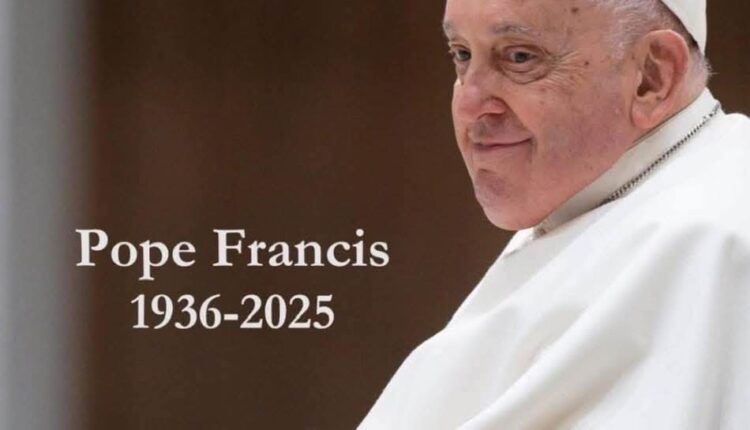The Vatican has announced that the funeral of Pope Francis will take place this Saturday in St. Peter’s Square, following his sudden death on Monday. The 88-year-old pontiff, the first Latin American to lead the Roman Catholic Church, passed away after suffering a stroke and cardiac arrest, the Vatican confirmed.
The death of Pope Francis has sent shockwaves across the globe, with leaders from several nations expected to attend the solemn ceremony. U.S. President Donald Trump, who frequently clashed with the pope over immigration policy, confirmed he and his wife would be flying to Rome for the service.
Also scheduled to attend are Argentine President Javier Milei, Brazilian President Luiz Inacio Lula da Silva, and Ukrainian President Volodymyr Zelenskiy, according to a source in the Vatican.
Photographs released by the Vatican on Tuesday showed Francis dressed in full vestments and laid in a wooden coffin at the chapel of the Santa Marta residence—his home throughout his 12-year papacy. Swiss Guards stood vigil on either side of the casket.
His body will be transferred to St. Peter’s Basilica at 9:00 a.m. (0700 GMT) on Wednesday in a procession led by cardinals, offering the faithful a chance to pay their final respects. The funeral mass will be held at 10:00 a.m. (0800 GMT) on Saturday in the vast square outside the basilica.
In a final act of humility and independence, Pope Francis requested to be buried in the Basilica of Saint Mary Major, breaking with the tradition of interment in St. Peter’s Basilica where many of his predecessors lie.
Francis had returned to the Vatican just weeks ago after spending five weeks hospitalized for double pneumonia. He made a public appearance on Easter Sunday, seemingly on the mend.
His death has triggered time-honored Vatican rituals, including the destruction of his “Fisherman’s Ring” and lead seal, to prevent their misuse. Cardinals currently in Rome gathered on Tuesday to plan the transition period and prepare for the election of a new pope.
A Conclave to elect his successor is expected to begin between May 6 and May 11. Of the 135 cardinals eligible to vote, nearly 80% were appointed by Francis himself—a move that may shape the ideological direction of the Church’s future leadership.
While no clear frontrunner has emerged, the General Congregations scheduled in the coming days will help the cardinals assess the qualities required in the next pope.
Pope Francis will be remembered as a reformer who inherited a Church in crisis. He sought to modernize Vatican governance, combat corruption, and address clerical sexual abuse. He was also known for his commitment to the poor and marginalized and for challenging traditionalists within the Church.
Francis broke from many papal conventions—not only in his final burial wishes but also in his decision to reside in the modest Santa Marta residence rather than the Apostolic Palace. As the Church prepares to bid him farewell, his legacy of humility, reform, and compassion leaves a lasting imprint on the global Catholic community.



[…] 50-year-old driver, Innocent Emecheta, was on Tuesday arraigned before an Ikeja Magistrates’ Court for allegedly stealing two trucks valued at N10 […]